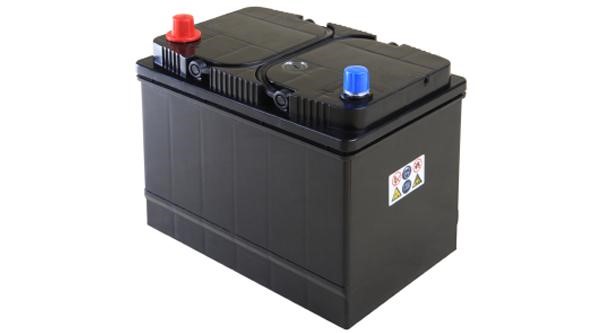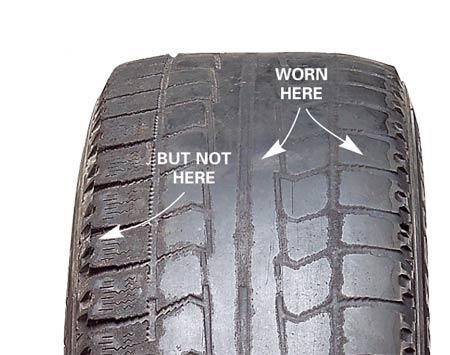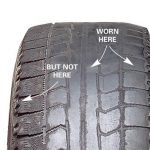Occasionally our cars will do something we weren’t expecting or emit a strange sound that immediately sets us off in a panic and checking our bank balance. Every vehicle needs a health check occasionally but do we need to splash out on a mechanic every time a minor issue crops up? Here are some common car troubles and steps you can take to sort them out:
Starting the engine
If your car takes a long time to start, ticks over but doesn’t kick in or won’t start at all then there are a number of reasons why this may be happening. The most common reason being a dead battery. If it turns over but won’t start then it could be spark plugs or fuel supply problems.

Overheating engine
If steam or smoke is coming from your bonnet and the needle on your temperature gauge has rocketed then you’re most likely dealing with an overheated engine. Simply, your car might just need more coolant but it’s worth checking to see if there are any leaks or faults in the hose that are causing the coolant to deplete. The radiator fan could be faulty so check the fan motor connection and fan thermostat.
Environment
What kind of environment are you leaving your car over night? Is it left under trees with leaves falling and bird faeces, or on gravel that will eventually burst your tyres? The best way to keep your car in mint condition is to keep it in your garage with one of Basildon Garage Doors protecting it.
Air conditioning
Are you turning on your air con but just feeling room temperature air? Probably there is no refrigerant left in the system. Before refilling, just check that there is no leak along the line. If you know what you’re doing and have a set of air conditioning gauges then refilling is quite easy to do yourself. If you’re not sure, then on this occasion, a trip to the garage might be in order.
Uneven tyres
Worn tyres are dangerous as they lack sufficient grip on the road. The easiest way to tell if they have worn unevenly is to get the car up on a jack and have a close inspection of each tyre. Are there any bald spots or dips and dents in the tread? One way to sort out uneven wear is to rotate your tyres and have them aligned regularly.
How often you need to do this will depend on the type of vehicle but a good general rule to stick by is do it with every oil change. The more often you rotate your tyres, the more even the wear will be. You’ll probably need to take your car to a garage for this and get the balance and alignment checked at the same time.

Oil Change
Oil is like blood for your car and nothing can work properly without it. An oil change is a good idea every 3000 miles and is surprisingly easy. Check your car’s manual for advice on when and how to change the oil but you’ll most likely need an oil filter that fits your car’s engine, engine oil in the right grade, an oil drip pan, plastic funnel, socket wrench and a car jack.


